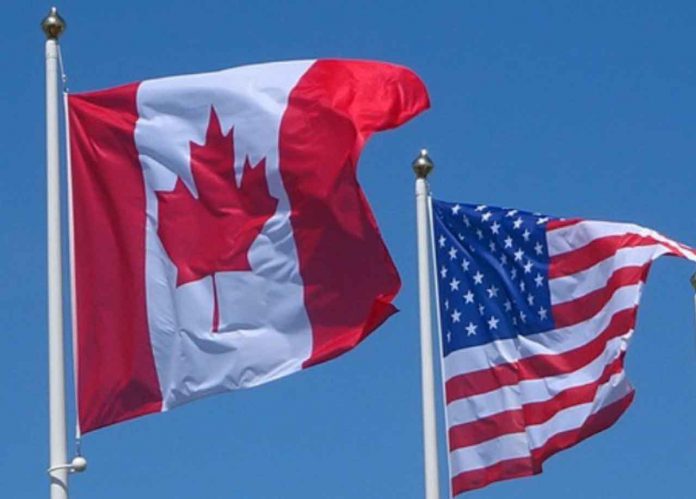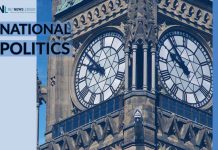Markets and elections have always been intrinsically linked. In fact, since 1932, no incumbent American president has lost a re-election campaign – unless they encountered a recession. Equally, speculation is naturally hugely influenced by the head of government, their economic approach, and priorities. In Canada, the past year has been a difficult one, certainly for anyone with a major stake in the Canada S&P or Toronto Stock Exchange (TSX). Back in early March, the markets suffered their worst day – a 12% drop – in the wake of grim headlines.
The occurrence of two so-called ‘Black Swan’ events, effectively major events causing uncertainty, lead to one of the sharpest drops in the S&P/TSX index ever recorded. This drop in the one-day benchmark was bigger even than anything seen during the global financial crisis of 2009 or the Black Monday crash in the late 80s – Bloomberg estimated it was the largest 24-hour decline since May 1940. Of the two ‘Black Swans’, one being an unprecedented, burgeoning pandemic, and the other a global oil-price war originating in Saudi Arabia.
Neither issue was intrinsically linked to Canadian matters themselves, which isn’t to say domestic issues don’t have any impact. However, history shows that Canadian markets are often more concerned, and affected, by the neighboring American political changes than their own election choices.
Source: Unsplash
It wasn’t long ago in September 2019 that the last Canadian elections had a relatively minimal impact on markets, compared to the global volatility stirred up by the 2020 U.S. election race. It seemed strange to see a Canadian election entirely overshadowed, from a market perspective, by Chinese-U.S. friction in a trade war, which was seen to presently be of far more risk to Canadian stocks.
Effectively, it all comes down to the Canadian political culture, which is far less divided than their American counterparts. The differences in policy, especially in fiscal matters, between Canada’s main political parties – The Liberals and Conservatives, are relatively aligned, limiting the possibility for significant Canadian market impact at the outcome of an election. Experts often point to short-term interest rate fluctuations as the major changes seen in the last few elections.
Source: Unsplash
The U.S. election is always historically a choice between two parties who have rarely shared ideological values over approaches to fiscal and monetary policy. The Republican party and leadership of industry-first politicians like Donald Trump notably have stuck to a policy of keeping taxation low, ever since the Reagan administration. The 2020 U.S. election’s winner, Democrat Joe Biden, had spoken openly about raising corporate and personal tax rates for the super-wealthy.
These statements caused market volatility well before the election results were in, and now have pushed further investing into green energies, among other areas Biden has pointed to being a proponent of. Trump was promising to continue cutting taxes, along with business regulations which had greater impacts on the Canadian markets than their own domestic elections. The Canadian market hinges on consumer spending and business investment, making up around 80% of their economy. In turn, the elections of their neighbors could cause ripples through the Canadian market for years to come. These ripples come as Canada attempts to shape its approach to work effectively with one of the two drastically different ideologies held within the two parties that rule American politics.






